All success starts with the mindset. The same is true if you want to quit sugar, it all begins with your attitude and willingness to break the addiction.
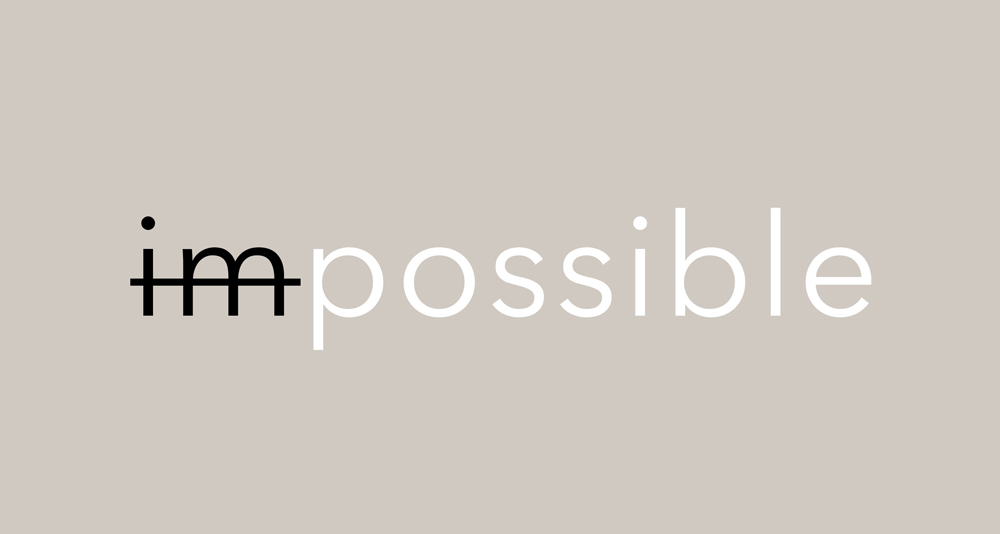
Science has proved that sugar is biologically addictive – Evidence for sugar addiction, hijacks your taste buds, brain chemistry and your hormones. It has a massive impact on health in general.
After first 10 days without sugar, you will probably feel your whole body lighter, more energized and faster at any task. That was what I noticed first, and it is already enough to encourage you to firmly decide to give it a try.
The Prevalence of Sugar in Modern Diets
The truth is, in the current landscape of diets, sugar has stealthily infiltrated our meals becoming an almost all-over present ingredient in our daily foods. Even more, it is not always obvious that you are consuming sugar with plenty of processed and packaged foods, it is hidden under innocent labels.
- Hidden In Plain Sight
Manufacturers frequently use alternative names for sugar on ingredient lists, such as sucrose and high-fructose corn syrup, making us underestimate our daily sugar intake. Also, many savory foods have a significant sugar content we don’t expect, it is easy to overlook it, eat more without realizing and making it more difficult to quit sugar. This clandestine sugar presence makes it challenging to control consumption effectively. In spite of all of that, there are some things you can do to avoid this trap – be informed, know what to look for on a label and choose better options and substitutes.

- Processed Foods and Sugary Beverages
These types are significantly present on a daily basis – breakfast cereals, flavored yogurts, salad dressings, sodas, and juices fuel our bodies with liquid sugars.
- The Impact of Marketing and Convenience
The modern lifestyle and fast-paced routines are the cause of reaching for ready-made, packaged meals. Manufacturers take advantage on our busy schedules by formulating products that not only appeal to our taste buds but also keep us reaching for more. Clever marketing strategies often mask the unhealthy reality of these products.
- Cultural and Social Influences
Sugar isn’t just about satisfying our taste buds; it is an integral part of cultural practices and social norms, where it is considered a synonym for enjoyment and festivity. Celebrations, gatherings, and social events are all around sugary treats normalizing excessive sugar intake and making it a norm hard to break.

- Health Wake-Up Call
Serious health consequences become increasingly evident as sugar infiltrates our diets on a massive scale. Rising rates of obesity, type 2 diabetes, and cardiovascular diseases are linked to the excessive consumption of added sugars – Relationship between Added Sugars Consumption and Chronic Disease Risk Factors
We have to be aware and understand the prevalence of sugar in our diets to make an effort to change our relationship with sweetness.
How Sugar Affects the Brain and Body
Understanding how sugar affects both the brain and body is like having a roadmap for our dietary choices and health. By recognizing these effects, you can easily make decisions about food intake and more balanced lifestyle. Here are the most important ones:

- Dopamine and the Reward System
Sugar has the ability to trigger the release of dopamine, associated with pleasure and reward. When we consume sugary foods, the brain’s reward system is activated, creating a sense of satisfaction. Thanks to this mechanism we develop cravings and addiction-like behavior. It is a vicious cycle – the more sugar we have, the more our brain gets used to it, and soon, we need more to recreate that delightful feeling.
- Blood Sugar Rollercoaster
The rapid spike in blood sugar levels following the consumption of sugary foods is often accompanied by a subsequent crash. This rollercoaster effect can lead to feelings of fatigue, irritability, and increased hunger shortly after indulging in sweets. The body’s attempt to regulate these fluctuations can place strain on insulin production, potentially contributing to insulin resistance over time.

- Inflammation and Oxidative Stress
Excessive sugar intake has been linked to inflammation and oxidative stress in the body – Excessive intake of sugar: An accomplice of inflammation
This inflammation can lead to various health issues, including cardiovascular disease, diabetes, and neurodegenerative disorders – it’s your body respond to the sugar overload.
- Leptin Resistance and Appetite Dysregulation
The hormone leptin plays a crucial role in regulating appetite and signaling satiety to the brain. However, frequent exposure to high levels of sugar can lead to leptin resistance, decreasing its effectiveness. This resistance disrupts the body’s ability to recognize when it’s full, potentially leading to overeating and weight gain.
- Impact on Gut Health
The composition of the gut microbiome can be affected by sugar consumption – High Intake of Sugar and the Balance between Pro- and Anti-Inflammatory Gut Bacteria
Diets high in sugar may promote the growth of harmful bacteria at the expense of beneficial ones, potentially disrupting the balance of the gut microbiome and causing digestive issues.
- Insulin Response and Metabolic Effects
When we consume sugar, the pancreas releases insulin to help cells absorb and utilize glucose for energy. However, consistent high sugar intake can lead to insulin resistance, where cells become less responsive to the hormone. This resistance is a precursor to metabolic disorders such as type 2 diabetes, as the body struggles to regulate blood sugar levels effectively.
Signs of Sugar Addiction
Recognizing signs of sugar addiction is crucial if you want to break free from its hold. Common indicators include intense cravings for sugary foods, loss of control over consumption, and continued intake despite negative consequences on health. Emotional and physical dependence on sugar, manifested by mood swings, irritability, and withdrawal symptoms, can also signify an addiction. Acknowledging these signs is the first step toward implementing effective strategies for overcoming sugar addiction.
- Recognize difference between a craving and hunger
It sounds simple, but it is like a game with our brain. Next time when you think you need to eat certain food, ask yourself silently once again “Am I hungry?” If you feel you are not, but you could eat that certain food (most probably sweet) you will know it is a craving. Craving is a desire for a specific food and comes on suddenly, while hunger is our body’s need for nourishment without a tendency for exclusively one food choice.
When you crave sweets, that is our brain needing pleasure and comfort.
10 Easy Steps to Quit Sugar
This list will help you to build a strategy because you need a firm plan that leads to successfuly quitting sugar. It has two parts you will have to pay attention to – physical and mental. As all is interconnected, both sides must be covered at the same time.
1. Make a Decision to Break a Sugar Habit
Maybe the most important as the first step! You and only you have the key. Decision must be yours; your willingness to make necessary changes is halfway to success. Always remind yourself what your goals are ( to lose weight, improve health issues, etc.), stick to them and motivate yourself.

2. Recognize That You Have a Sugar Addiction
Be honest with yourself, recognize and accept the signs. It is an effective strategy to overcome a sugar addiction.
Sugar addiction is marked by a cyclical pattern of cravings and withdrawals. The initial consumption of sugar provides a rush of pleasure, but as blood sugar levels peak and then rapidly drop, the body craves more to recreate the initial sense of euphoria. The continual cycle of consumption, withdrawal, and craving perpetuates the addictive nature of sugar. Breaking free from this cycle involves understanding the triggers that initiate cravings and finding strategies to navigate withdrawals.

3. Gradual Reduction vs. Cold Turkey Approach
Both are possible but both have pros and cons.
Gradual reduction is easier mentally while on physical level still keeps your body addicted to sugar. This method is often seen as a more sustainable and makes the transition feel less like a drastic change.
Cold turkey is more effective, you simply eliminate sugar completely from your diet and start to live a smarter way. It requires a strong commitment and determination to break free from the cycle of sugar dependence. This change quickly resets your taste buds and breaks the cycle of cravings.
At this point it depends on your character, health condition, mentality, preferences and lifestyle. Finally, if your will is strong no matter what, go cold turkey; if you know you’re going to give up after a while and you’re not ready, than go slowly but be persistent because it will be longer until success.
4. Eliminate Sugar Beverages
Eliminate soda, sports drinks, sweetened teas and coffees, juices, all those are liquid sugars. They are highly concentrated and rapidly absorbed into the bloodstream. Instead, be creative and enjoy every step, substitute them with better options, make different teas, cozy cacao drinks, coffees, drink water (plain or with electrolytes) and keep your body hydrated.

5. Add Protein to Every Single Meal
Eat your healthy meals, especially breakfast with eggs, nuts and seeds, fish, chicken and grassfed meats. Instead of “eliminate sugar” way of thinking, reframe it as adding more good food with protein!
♦ READ NEXT: The Benefits of High-Protein Meals for Women (2 easy recipes)
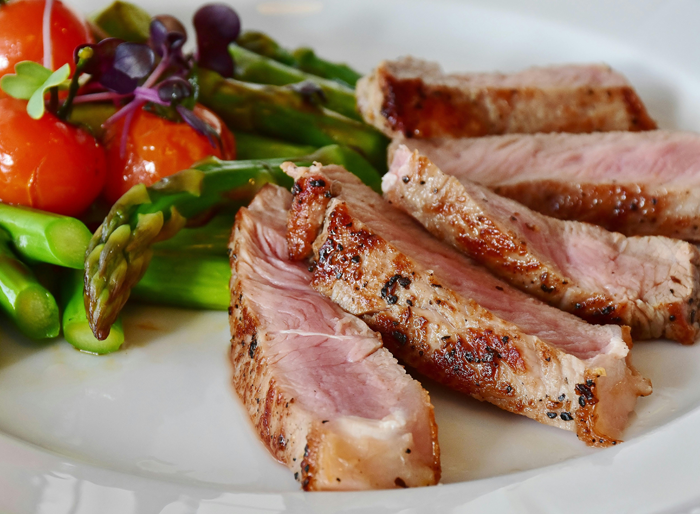
6. Eat Right Carbohydrates
It means choosing non starchy veggetables (green beans, mushrooms, zucchini, tomatoes, onions, broccoli, eggplant…) and adding good fats such as nuts and seeds, avocado, coconut, butter and omega 3 fats from fish. There are planty of options and variations, search for recipes, try something new.
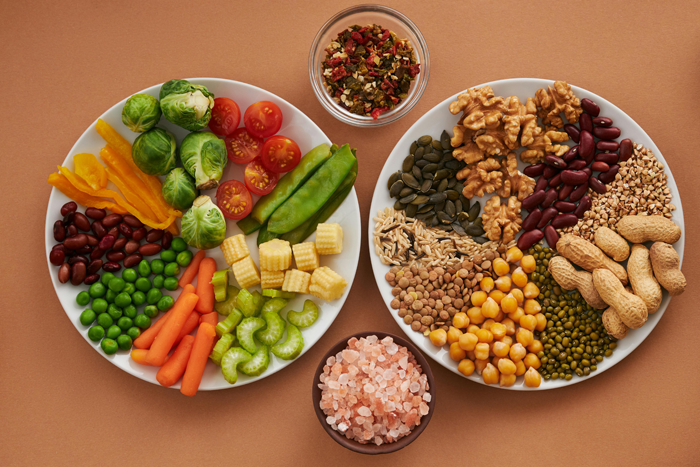
7. Manage Your Stress
When you are stressed, your cortisol goes up which makes you hungry and crave sugar! Do whatever you can to relax yourself, meditate, try yoga, exercise or practice any hobby you love.

8. Quit Gluten and Dairy for 10 Days
Just after the first few days you will have more energy, fewer cravings and many symptoms will go away. After that you can reintroduce some of the dairy products (remember to choose quality ones and read the labels) but most probably you won’t; you will want to keep the good feeling you’ve just experianced.
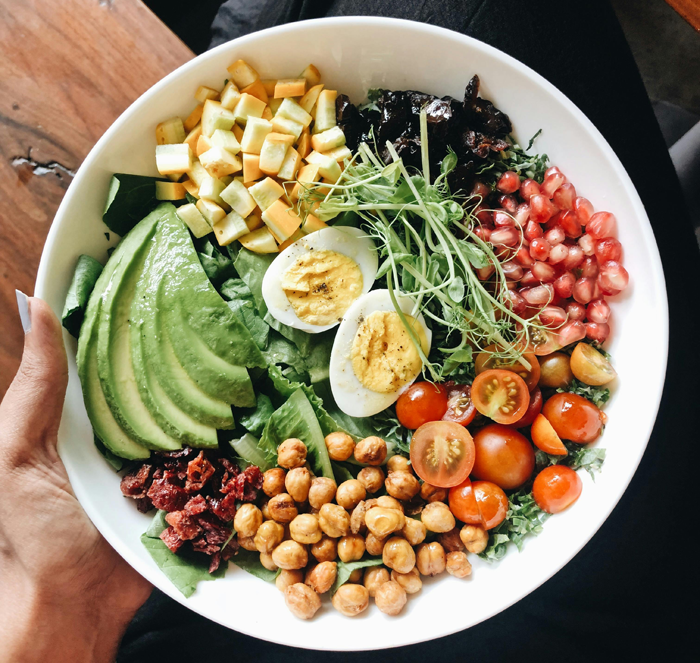
9. You Need to Sleep
It is found that less than 8 hours of sleep at night increases your hunger hormone and drives you to overeat – The impact of sleep deprivation on food desire in the human brain
Find what works best for you. Build the ritual before going to bed such as a relaxing atmosphere in the bedroom without electronic devices and blue light, calm your mind and body. Be commited and improve your sleep routine.

10. Managing the Cravings
When sugar cravings strike, try to distract yourself with some kind of activity. As long as you are eating healthy meals and drinking plenty of water, cravings will gradually be less frequent. Keep that in mind and be persistent. Once you hit two to three weeks of reducing the sugar you’re much more likely to have significantly decreased cravings.
Tips and Tricks
♦ Don’t let your mind be focused on sweets; distract yourself by engaging in other activities.
♦ Don’t let your brain trick you, trick it back instead! keep yourself busy, listen to different podcasts on the subject as motivation and encouragement.
♦ Remind yourself of the benefits and why you are doing all of this, don’t give up easily. Be patient and persistent.
♦ Don’t bring sweets and prepackaged snacks in the house;
♦ Don’t go grocery shopping when you are hungry;
♦ Don’t do all these things at once, it may be overwelming and could make you give up! Go little by little, one step at a time, be consistent and the results will surprise you.
♦ Always celebrate even smallest wins and track your progress.
Benefits of a Sugar-Free Lifestyle
Quitting sugar isn’t just about changing what’s on your plate; it’s a transformative journey that reshapes how you feel and function. With a sugar-free lifestyle, you’ll find a consistent and enduring energy flow, enhancing your vitality and mental clarity. Enjoy better sleep quality, as sugar’s interference with sleep patterns becomes a thing of the past. This isn’t just about cutting out a few sweet treats; it’s a shift toward overall well-being and the positive impact on both body and mind.
Eliminating sugary foods and beverages contributes to weight loss by creating a calorie deficit and reducing the risk of obesity. Once you overcome cravings, be creative to make sugar-free recipes and indulge in gorgeous desserts such as Sugar Free Pumpkin Bread.
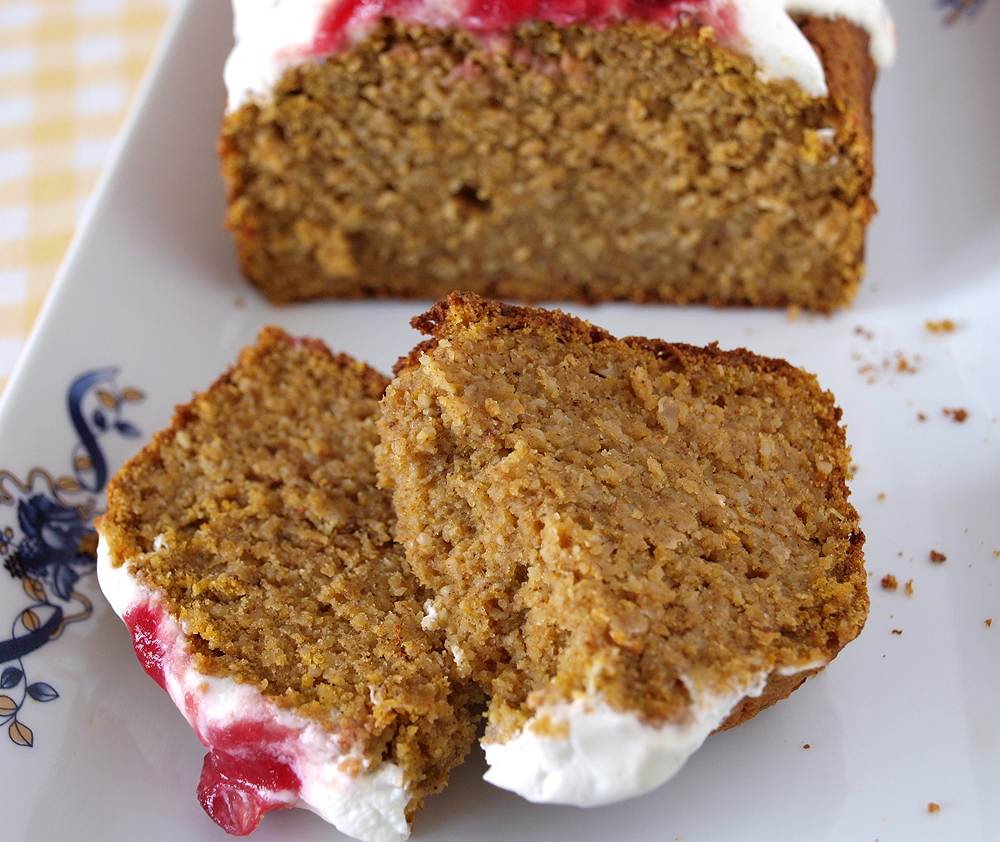
The relief of joint stress and inflammation is an added bonus, as weight management positively impacts joint health. Furthermore, the cardiometabolic benefits of reducing added sugars contribute to a healthier cardiovascular system. Embracing a sugar-free lifestyle emerges as a holistic approach, promoting an improved physical performance.
Quitting sugar is also one of the steps to healthy skin, all the rest ones are in my free ebook “Glow from within: The Ultimate Guide To Healthy Skin”
The journey to a sugar-free life isn’t just about what you give up; it’s about what you gain – improved energy, stable mood, and a renewed sense of well-being.
Overcoming Challenges and Final Thoughts
You have to be aware that a sugar-free journey will be accompanied with withdrawal symptoms as the body adjusts to the absence of sugar. Recognizing this as a natural part of the sugar detox process is crucial. Withdrawal symptoms may include headaches, fatigue, irritability, and cravings, all of which can be managed with strategic approaches. Staying well-hydrated helps flush toxins and alleviate symptoms, while nutrient-dense foods provide essential vitamins and minerals. Structuring balanced meals and snacks stabilizes blood sugar levels, reducing the intensity of cravings.
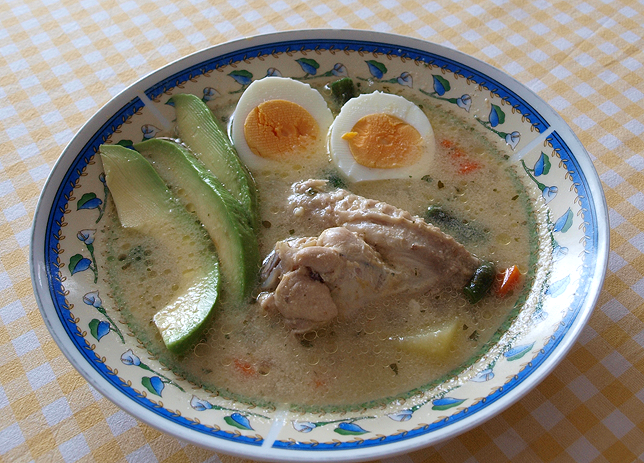
Mindful movement or exercise not only distracts from cravings but also releases endorphins, contributing to an overall sense of wellbeing. Prioritizing sleep is essential for the body to regenerate and minimize fatigue.
Seeking support and accountability, whether from friends, family, or online communities, can provide encouragement and motivation throughout the sugar detox journey. Feel free to share what is your wake-up moment, what works for you or any tip you’ve experienced that could help.
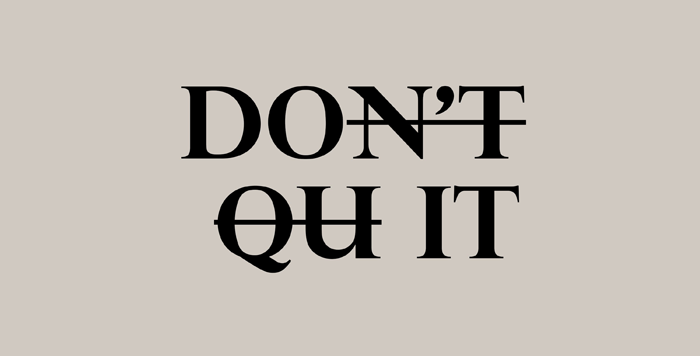
By understanding and addressing withdrawal symptoms holistically, you can navigate the challenges of breaking free from sugar addiction and embrace the positive changes that follow.
Note: This is my personal research and experience I share to motivate and inspire you. Always consult with your medical professional before making any health-related decisions or implementing significant changes to your diet.
Let's connect
Sign Up for news and special offers
+ get our FREE guide!
Thank you!
You have successfully joined our subscriber list.
Check your email!




